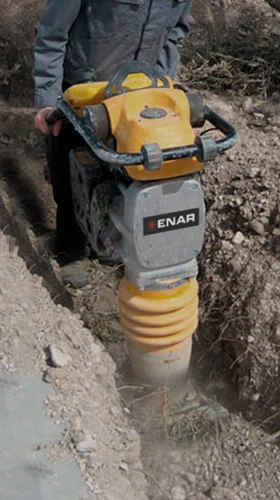What are the risks of poor compaction in foundations and pavements?
Failure to compact the ground properly causes serious problems in the long run. It is a common cause of failures that become apparent over time.
- Settling of the ground: The ground settles unevenly when it bears weight, causing cracks in foundations, floor slabs and pavements.
- Reduced load-bearing capacity: Low-density soil cannot bear the weight for which it was designed, which can lead to structural failures.
- Water seepage: If there are gaps, water seeps in, washing away material, and if it freezes, it expands and bursts the pavement or base from within.
- Potholes and ruts: On a road surface with a poorly compacted base, the passage of vehicles ends up deforming the asphalt or paving stones.
View more articles: Compaction Process
- What is soil compaction and why is it important?
- When is soil compaction necessary?
- What are the most common compaction methods?
- How is the quality of compaction verified?
- What type of compactor do I need for my project?
- Is a reversible or unidirectional vibrating plate better?
- How does soil moisture affect compaction?
- Can clay soil be compacted? What equipment is recommended?
- How do I change the oil in my ENAR compaction equipment?
- Where can I purchase original spare parts for my ENAR machinery?


